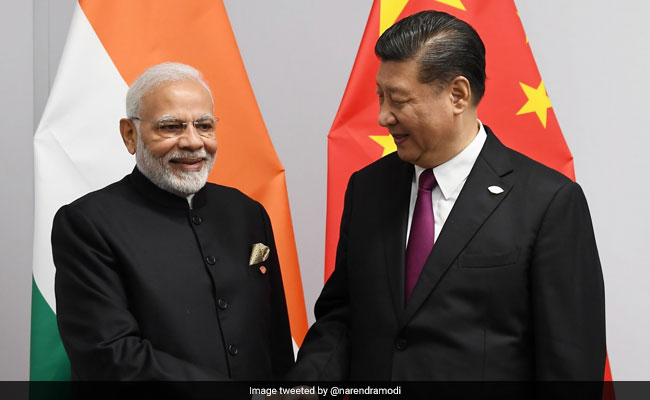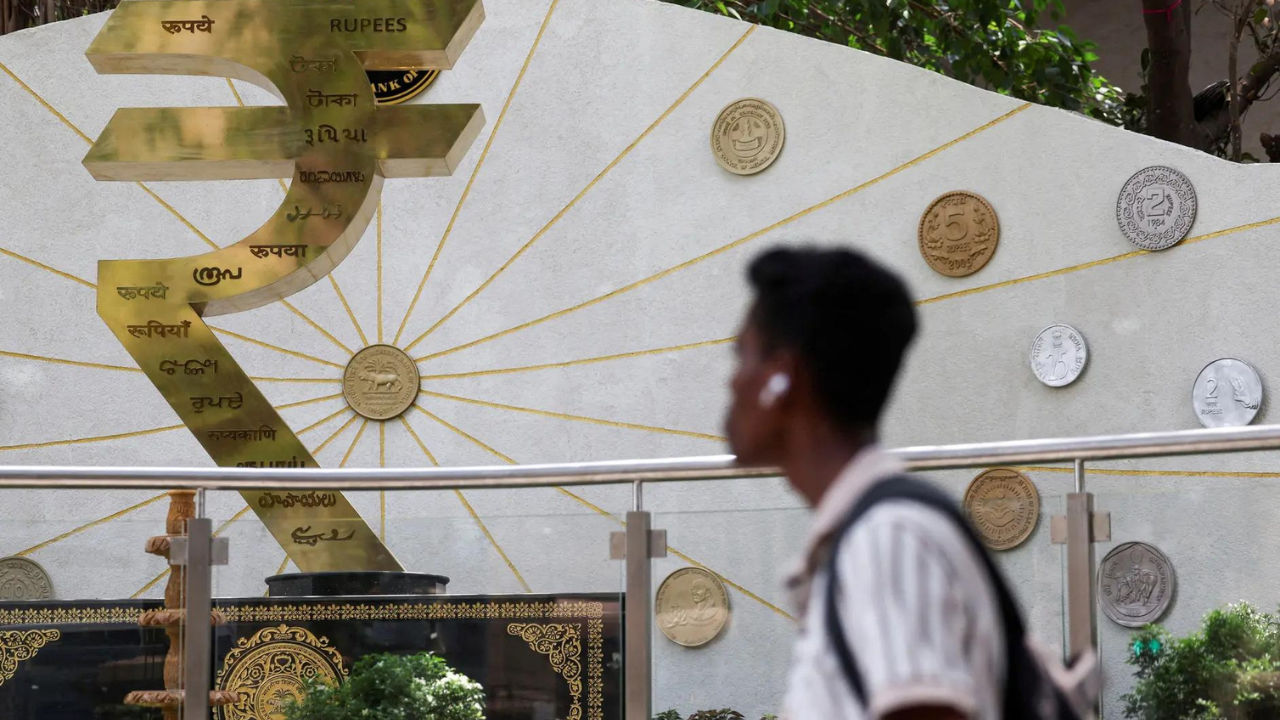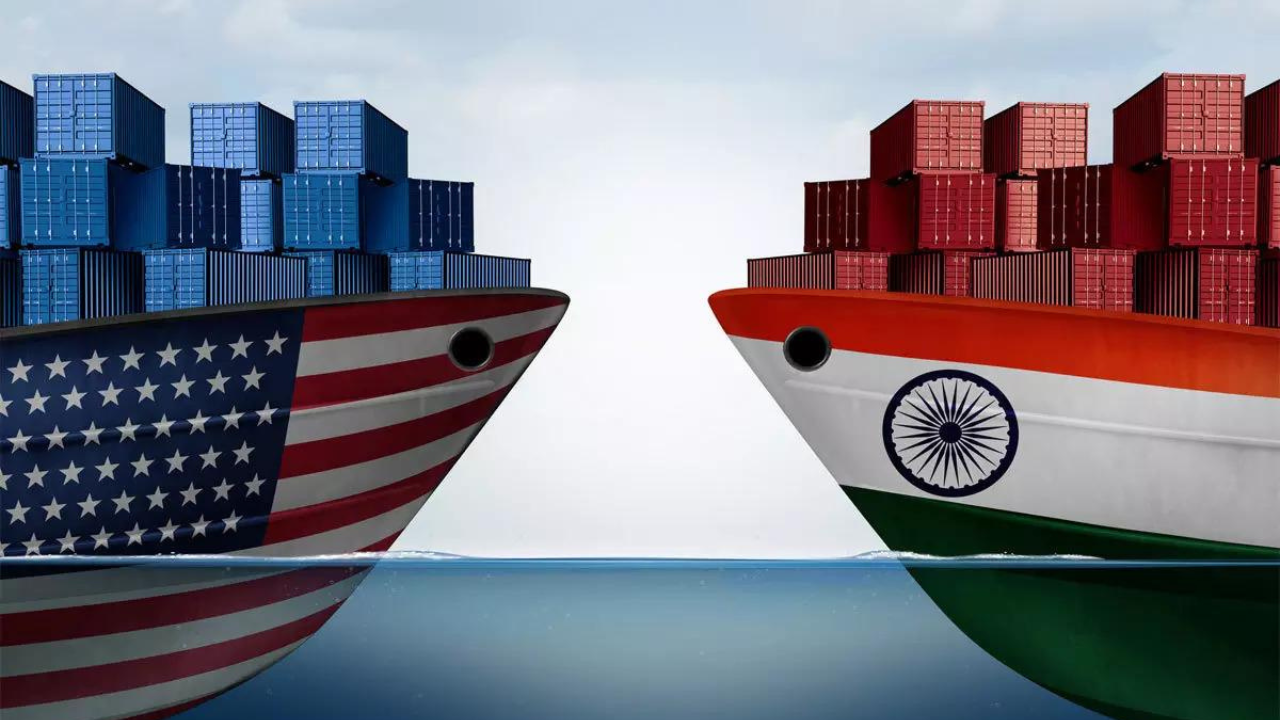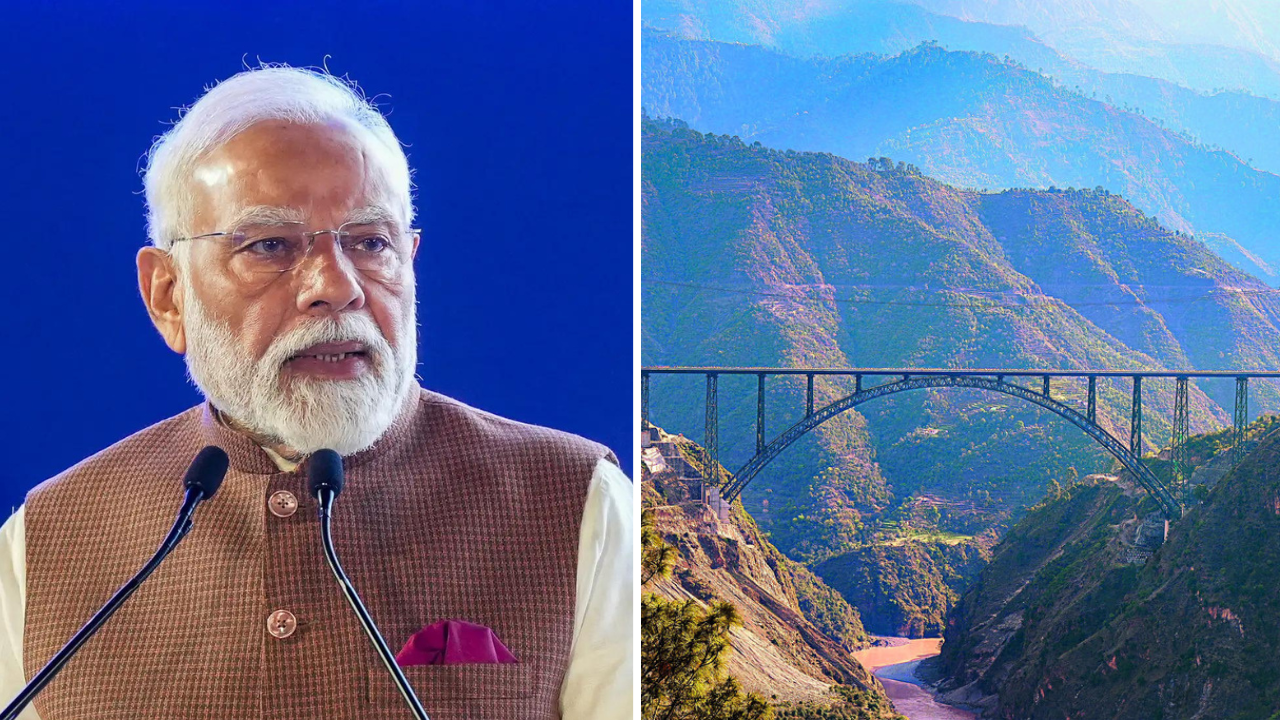"Lets Make Elephant, Dragon Dance...": Chinese Minister Amid US 'Tariff War'

Join our WhatsApp Community to receive travel deals, free stays, and special offers!
- Join Now -
Join our WhatsApp Community to receive travel deals, free stays, and special offers!
- Join Now -
As tensions ramp up between China and the United States, particularly after the latter doubled tarrifs on Chinese imports to 20 per cent, China's Foreign Minister Wang Yi called on Delhi and Beijing to work together and "take the lead in opposing hegemonism and power politics".
That comment has been seen as a reference to the US.
Speaking after a meeting of China's National People's Congress, he also said "making the dragon and elephant dance (is) a reality that is the only right choice". Mr Wang said, "Supporting each other, instead of wearing each other down, and strengthening cooperation, instead of guarding (against) each other, is in the fundamental interests of both peoples and nations."
The Chinese leader also said that if the two countries - Asia's two largest economies - can manage to work together, "democratisation of international relations and development and strengthening of the 'Global South' (referring to less developed nations in Asia, Africa, and South America, and a term used by Prime Minister Narendra Modi) will have a brighter future".
In a long response to a question about Beijing's evolving ties with New Delhi, he pointed to "positive strides" over the past year, seemingly referring to the military disengagement in Ladakh's Depsang and Demchok after a worrying build-up since June 2020.
Following that, there was a notable thaw in relations, with Prime Minister Narendra Modi and China's Xi Jinping meeting in Russia's Kazan in October last year and Mr Wang meeting National Security Advisor Ajit Doval at a Special Representatives meeting in Beijing in December.
On the border dispute, Mr Wang stressed, "We should never allow bilateral relations to be defined by the boundary question, or (allow) specific differences to affect the overall picture of our bilateral ties."
The statements comes amid a tariff war between the United States and China, a battle that is a redux of events from US President Donald Trump's first term. Mr Trump on Tuesday signed an order to hike - from 10 to 20 per cent - tariffs on Chinese imports into his country.
The increase, the White House said, was retaliation for Bejing failing to control export of fentanyl, a deadly manufactured narcotic linked to tens of thousands of deaths in the US.
China's response was swift and furious; 24 hours later the Chinese embassy in the US said, "If war is what the US wants... be it tariff, trade, or any other type, we're ready to fight till the end."
China has also filed a complaint with the World Trade Organization, alleging the "unilateral tax... seriously violates WTO rules and undermines the foundation of China-US economic and trade cooperation". China also slammed the fentanyl claim, calling it a "flimsy excuse to raise tariffs".
Tariffs have become a headline-grabbing weapon in the second Trump administration, with the new President wielding it (or the threat of) to bully other nations into getting what he wants; this includes forcing Colombia to accept planeloads of deported illegal immigrants.
Mr Trump has also levied tariffs against India, a country he has repeatedly classified as a "high tariff nation" and a "big abuser". He has vowed reciprocal tariffs on India and China.
With input from agencies
NDTV is now available on WhatsApp channels. Click on the link to get all the latest updates from NDTV on your chat.
What's Your Reaction?
 Like
0
Like
0
 Dislike
0
Dislike
0
 Love
0
Love
0
 Funny
0
Funny
0
 Angry
0
Angry
0
 Sad
0
Sad
0
 Wow
0
Wow
0
























































